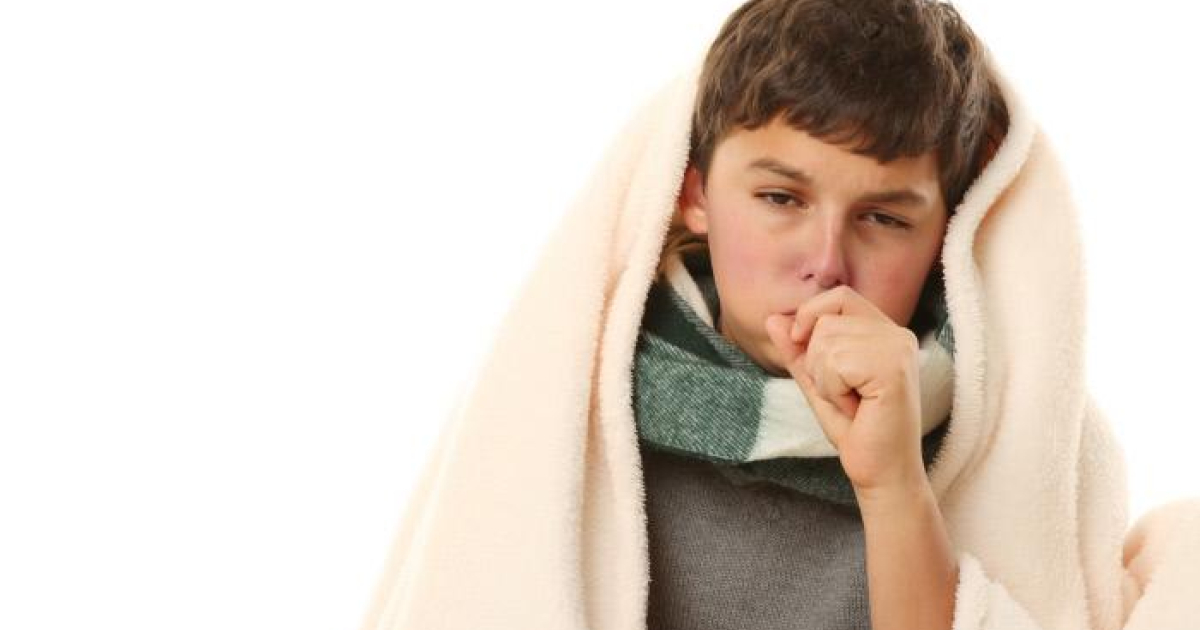Number of infections in recent weeks pertussis There were increases across Spain. The latest report from the National Epidemiological Center of the Carlos III Health Institute shows that there are 482 confirmed cases in Spain.
Pediatrician at Quirónsalud Infanta Luisa Hospital in Seville, Andres Osuna Vera, explains that whooping cough can affect any age group, although it emphasizes that the most severe cases usually occur in newborns and young infants. “Transmission is through contact with respiratory secretions – coughing or sneezing – of an infected person, especially during the catarrhal stage,” he added.
Additionally, doctors warn that up to 90% domestic cohabitant They may get whooping cough. It is an endemic infection in Spain but has cyclic peaks of prevalence, particularly in winter and spring.
The disease has three stages
Dr. Osuna Vera explains that the disease is generally divided into three stages:
- First of all, according to experts, initial or catarrhal stageSimilar to the common cold, it is the most contagious. The incubation period lasts 1-2 weeks.
- Between the second and sixth weeks, the paroxysmal phase will occur very severe coughthat is, coughing about five to ten times, during which no breathing In children, it ends with the classic inspiratory stridor or “rooster crow.” It lasts for two weeks and is accompanied by non-specific catarrhal symptoms: rhinitis, sneezing, low-grade fever (if present), watery eyes, mild, dry and irritating cough that becomes increasingly severe.
- Finally, there will be recovery period, in which symptoms gradually lessen. “The total duration of the disease is up to three months,” he noted.
The importance of vaccination
Osuna emphasized: “One of the things about whooping cough is that having the natural disease does not confer permanent immunity.” He said that the “most effective” way to prevent whooping cough is Vaccination. “The course of whooping cough is usually bothersome rather than severe, and the protection afforded by vaccination coverage makes severe cases less likely. Complications that may occur are subconjunctival hemorrhage and other bacterial infections, such as in neonates and Pneumonia or otitis media in unvaccinated infants can lead to more serious complications such as apnea.”
Between 5 and 20 days
Finally, the pediatrician at the Quirónsalud Infanta Luisa Hospital emphasizes the importance of starting treatment in the first two weeks of illness. positive influence Its duration, severity and contagiousness. He concluded: “The isolation period is five days for those patients who have been adequately treated with antibiotics and up to 20 days for untreated patients.”

